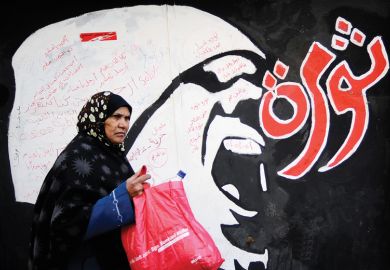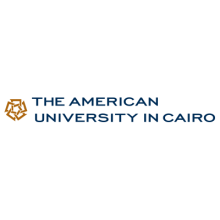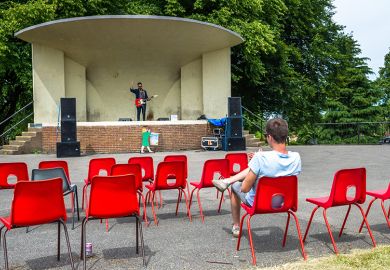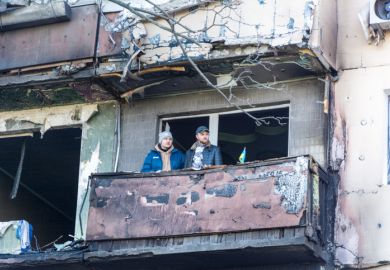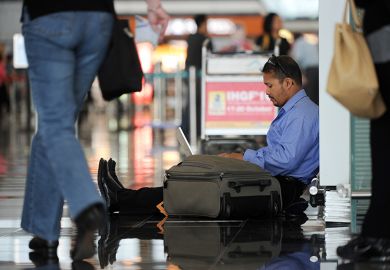In February, the American University in Cairo will celebrate its centenary. It has spent most of the past 100 years bringing Western liberal arts to young Egyptians and “opening them up to the world”, according to Francis Ricciardone, president of the university.
In the second half of its existence, the AUC has operated as a “two-way enterprise”, developing the teaching of Arabic to foreigners, Mr Ricciardone explained. But for Egypt the past decade has been filled with revolution, violence and increasing authoritarianism, posing serious challenges to the institution’s mission and the country’s reputation in academia.
“We are Egypt’s outward-looking global university, we are the place to go for scholars who want access to the Arab and Muslim world, but since the revolution in 2011 and the aftermath of 2013 [when army chief Abdel Fattah el-Sisi deposed president Mohamed Morsi], people have been afraid to come to this amazing country, whether it’s tourists, business people, investors, students or teachers,” Mr Ricciardone told Times Higher Education.
Foreign students accounted for more than 20 per cent of AUC’s roll in 2010, but it has since dropped to 5 per cent – and, of those who remain, four out of five are from other Arab states. The university – which charges around $18,000 (£13,982) a year for undergraduates, is largely reliant on tuition fee revenue to keep operating, backed up by “healthy, but not wealthy” endowments. But falling international recruitment poses a problem in terms of the experience for domestic students too, explained Mr Ricciardone, a diplomat who served as the US ambassador to Turkey between 2011 and 2014.
“When students sign up to AUC, they and their parents expect that they will have schoolmates who speak English as natives,” he said. “That’s what they come for and when there is not a critical mass they are disappointed.”
Looming over discussions of academia and research in Egypt is the 2016 murder of Giulio Regeni, a University of Cambridge PhD student who disappeared after conducting research on the country’s trade unions.
Mr Ricciardone said that the killing of Mr Regeni, who was a visiting scholar at AUC, was a “tragedy”, but that he hoped researchers would not be deterred from working in the country.
“Egypt was just bouncing back when that happened,” Mr Ricciardone said. “While tourism recovers [after terrorist or violent events] in the West, in Egypt it takes longer, but we think it’s the right moment for scholars to come back.”
The AUC recently signed two agreements with King’s College London for the two universities to collaborate “for the mutual benefit of our students, scholars and faculty” and similar agreements in the US look set to follow suit.
The plan is to build the capacity of its foreign students back to its 2010 levels through these kinds of agreements, but it will be impossible without persuading people that they will have a high-quality experience and also a safe one, Mr Ricciardone said.
He is aware that it is not just an issue of physical safety, but also of academic freedom.
“It is a challenging environment but at AUC we do it every day,” he said. “If you want to learn Arabic, study Egyptology or the problems of refugees and displaced persons…we’re in the middle of all that.”
POSTSCRIPT:
Print headline: Egypt institution aims to rebuild reputation following Arab Spring
Register to continue
Why register?
- Registration is free and only takes a moment
- Once registered, you can read 3 articles a month
- Sign up for our newsletter
Subscribe
Or subscribe for unlimited access to:
- Unlimited access to news, views, insights & reviews
- Digital editions
- Digital access to THE’s university and college rankings analysis
Already registered or a current subscriber? Login




